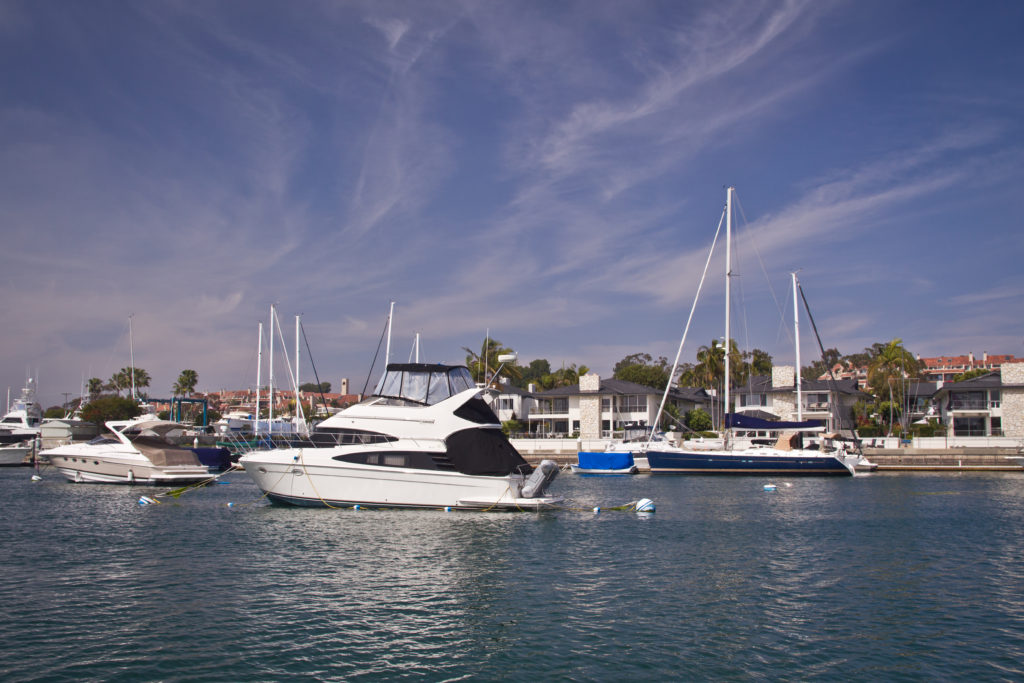Q: I am one of a group of volunteer boat operators who donate time to a nonprofit organization that owns several boats. The mission of the organization is to take at-risk kids out on whale watching trips and other excursions, teach them basic seamanship skills and introduce them to our local marine environment. Our boats were donated to the organization and none of the boat operators are licensed captains, because we do not view this as a commercial passenger service. We were recently advised that our interpretation of these excursions may not be correct, and in fact we may need to hire licensed captains to run the boats. Can you shed some light on how the law works in this area?
A: This is a timely question. In recent years the Coast Guard has increased its scrutiny of “illegal” charter operations, and they are very “by the book” in their enforcement of the relevant regulations.
Generally speaking a licensed master is required for any boat that is carrying any passengers or cargo for hire. When considering the licensed operation of a yacht we must therefore look for the definition of a “passenger for hire.”
Federal law (Title 46 U.S. Code, sec. 2101) defines...








3 Responses
David, Your comments are appreciated.
You comment ” But the regulations do not distinguish between different types of organizations, and a nonprofit with an admirable purpose will be evaluated under the same lens as a for-profit commercial operation.”
Here you are not placing any value on the commercial vessel licence holder. Surely, the volunteers aboard the vessel should be awarded the same level of safety as the boat next door going to do the same thing at the same location?
I currently have my OUPV 6 Pack license in which I take a maximum of 4 anglers out on my boat. Can I legally charge them or would I need to obtain a charter boat license?
Great blog about differentiating a boat for hire and a charter boat.